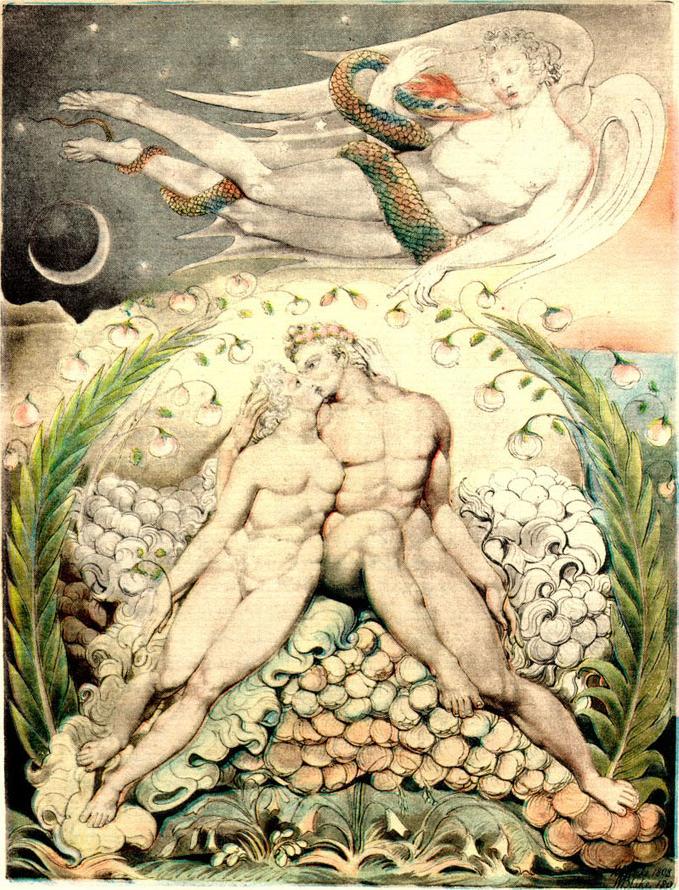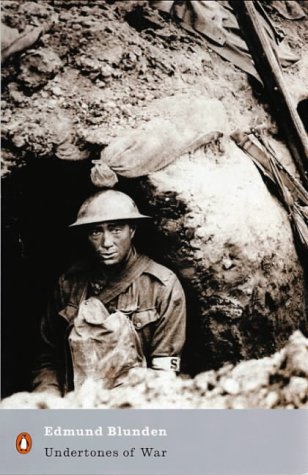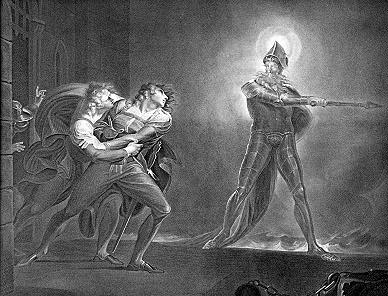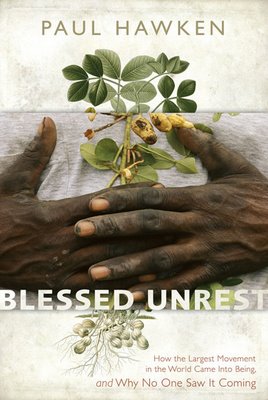
Michael Sinding responds to Russell Perkin.
Russell Perkins’ question “How do Frye’s ideas relate to the state of literary studies today?” is an excellent one, and deserves some airing out.
One’s initial impression of the answer may be, “not at all.” But Bob Denham has done plenty of work to show how Frye’s ideas continue to inform research and teaching in all kinds of ways. So why do we get that impression?
What I find striking is that when you look at the history of specific topics and questions in literary studies, it’s not unusual to find that Frye has made a major and permanent contribution. As a fr’instance, I’ve been going through studies of satire. In a recent anthology, Ruben Quintero’s Companion to Satire (Blackwell, 2007), Frye is still pretty prominent, though not so prominent as Bakhtin. Paul Simpson’s On the Discourse of Satire (John Benjamins, 2003) says that Frye’s study shaped much criticism, and that his definition of satire seems to be more widely referenced than any other. And Frye makes a respectable showing in John Frow’s Genre (Routledge, 2006), along with Aristotle, Bakhtin, Derrida, Todorov. These are pretty different kinds of books, too. The Companion is fairly introductory, Simpson’s is mainly a linguistic study, Frow is more poststructuralist, especially Foucauldian (it’s in the New Critical Idiom series). I think you’d find this is true with many other topics, though no doubt some (genre, structure & form generally) more than others.
And yet for all of our interest, there is not (yet?) a strong momentum continuing to develop his ideas, as there is with, say, Bakhtin. Something about Frye’s assumptions and style seems uncongenial to the sea-changes literary studies underwent with post-structuralism and afterwards. So even though Hayden White and Fredric Jameson greatly admired Frye, their followers don’t seem to share the interest, and you don’t see Frye talked about much in e.g. PMLA. Perhaps it’s that he never did engage much with those sea-changes. He continued to work with his own assumptions and system, despite occasional references to Derrida, Foucault, Barthes, et al. Bakhtin didn’t engage with them at all, of course, but his ideas were simply better suited to poststructuralism’s impulses and directions.
But I don’t think we want a defensive / defiant celebration of Frye’s supposed old-fashioned-ness, or unfashionable-ness. In short, Frye’s connections with current literary studies seem peripheral, not central, or in the background rather than the foreground.
I’d like to see Frye have more of the kind of continuing reconsideration that Bakhtin does: putting his main ideas into play with current movements, themes, and questions, and tested and developed accordingly. Think of how much he has to say about culture, including popular culture, worldview and ideology, the social contexts of literature and criticism, as well as all the brilliant structural studies … . There’s a lot that is untapped.



